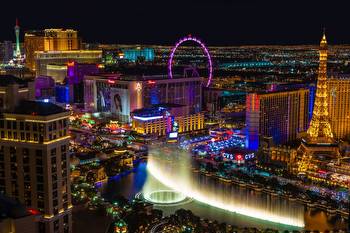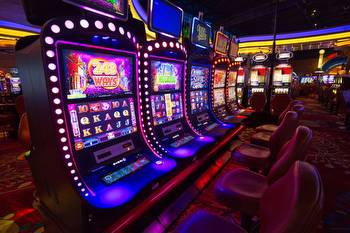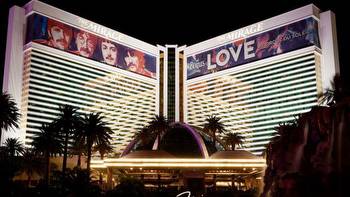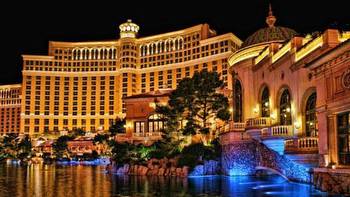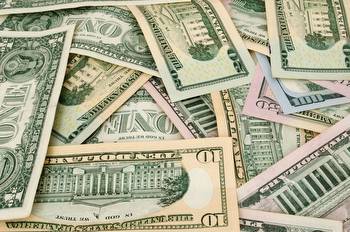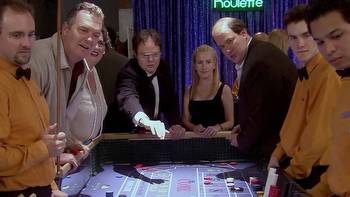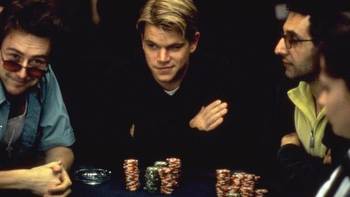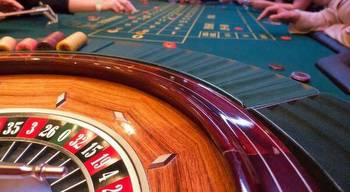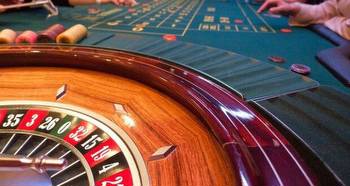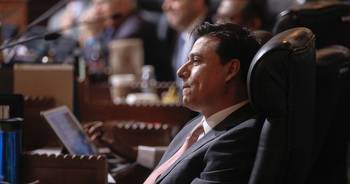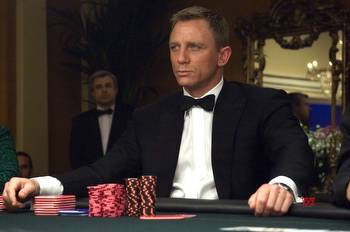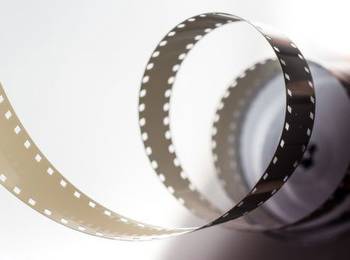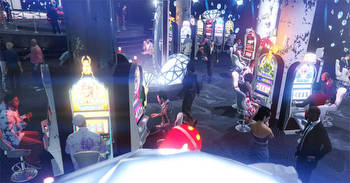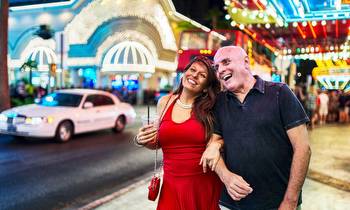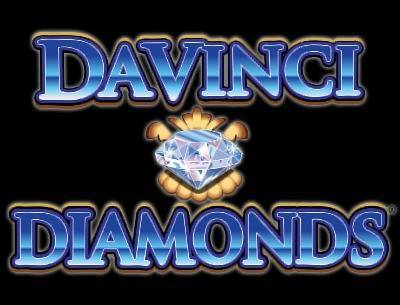My Lost Vegas Weekend With Norm MacDonald

As far as cushy gigs go, this one was sweet for Norm Macdonald: Fly from Los Angeles to Las Vegas on a Saturday morning, do stand-up comedy that night, collect $40,000 in cash. But there was a potential catch when it came to playing Vegas. “If I’m in a casino,” Norm explained to me, “I’m gonna gamble.”
It was 2006, and I’d been commissioned by Playboy to do a story on Macdonald—a story that, owing to vagaries of magazine decision-making not made clear to me, never saw the light of day. At the time, of course, Norm was regarded as one of the most talented comedians in showbiz. He had been juggling a lot in the decade after his memorable five-year run on Saturday Night Live had made him famous—movies, roasts, television, a recently-released sketch comedy album. Beyond the work, though, the comedian’s penchant for gambling was pretty well-known. I had already done a piece for which I played in his home poker game. The plan this time was different: He would do his standup act in Vegas and then try to double his payment by gambling at the tables, with me riding shotgun.
Before we got started, I suggested to Norm that it might be expedient if he got paid in chips. He pursed his lips and replied, “That would be the ultimate insult – especially if they paid me extra. It would mean that they had a read on me.”
Norm performed at House of Blues in Mandalay Bay. Dressed in baggy cotton slacks, Tommy Bahama golf shirt, and a black leather jacket, he killed. After closing the show, Norm stashed half of the $40,000 in his Mandalay suite’s wall-safe. Then we cabbed it to the Mirage, a casino where he endured more than his share of tragic washouts. Like the time he began with $5,000, promptly lost $2,000, and impulsively bet his remaining $3,000 on a single hand of blackjack.
“Then I got dealt two aces and had no money left,” he said. “I asked the dealer how I can split them. The dealer said, ‘Sir, you can’t. Unless you have a line of credit.’ I didn’t. So I hit. Got a 10. Hit again. Got another 10. If I had been able to split, I’d’ve had two 21s. Instead I lost the last of my money. That’s when you walk away numb. You feel blank and can’t find the elevator.”
Hoping to even things up a little, Norm entered the glistening Mirage and headed straight for a scrum of craps tables. He dropped a stack of hundreds upon the felt and bought in for $10,000.
Armed with twenty purple chips, Norm soon spread $1,500 across various wagers. He planned on employing what he liked to call his “Pensioner’s System.” It centered around betting on Don’t Pass, which is wagering for the house to win and for fellow players to lose. “I’ve devised this as a way of bleeding my money the slowest,” said Norm, acknowledging that, over the long haul, craps is unbeatable. “After I start to win, though, I always go a little crazy. Then I reign in the fucking crazy guy with the robotic approach of my Pensioner’s System.”
An old dude, wearing sunglasses and dispassionately betting thousands, threw a seven on his fifth roll. A collective groan rose from the other players. Cool Norm, who was betting against them, via the Don't, smiled ever so slightly while the croupier paid him off.
Norm Macdonald readBeat the Dealer at age eight and learned to count cards. Growing up on a farm in rural Canada, he passed time by dealing himself endless hands of bridge and whist. Before he’d finished high school, he had developed into such a strong backgammon player that he was competitive on the tournament circuit. Around the time of our weekend together in 2006, he had perfected an impressive memory trick: Remove any card from a deck and Norm could quickly sort through the 51 remaining cards to tell you which one you selected. It’s precisely the stunt that Chris “Jesus” Ferguson, a legendary figure in that era’s poker boom, performed on ESPN. However, there’s a critical difference between famously brainy Jesus and Norm: Norm did it quicker.
Despite his mathematical acuity and interest in card games, Norm hadn’t done much gambling before he made it big on the stand-up comedy circuit and landed a job writing for the TV show Roseanne. It was 1992, long before online poker and the famous Texas hold’em explosion. But Los Angeles had a lively poker scene inside its venerable card rooms.









